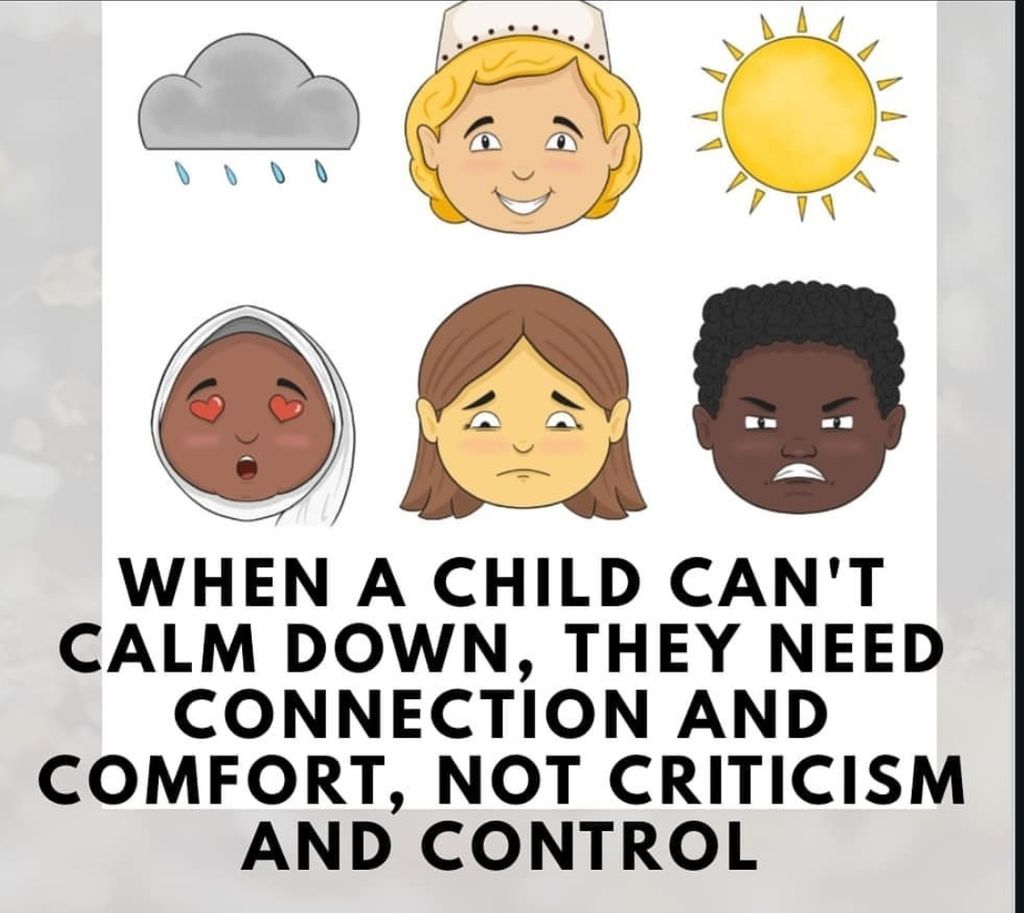Important Parenting Facts Everyone Needs To Know- Child Psychology
May 12, 2019 • 300 views

To all the beautiful mothers who sometimes wonder with doubts and guilt ‘Am I parenting right’ What if I say there’s nothing called as good parenting or bad parenting and there’s just learning. To all my peeps who might become a mother someday this article is for you too.
I do not have the age or the status of a mother to advise anyone on any parenting style but I would humbly like to share few proven research facts in Child psychology which can enhance the beautiful parenting which every mother is capable of.
Physical Touch

Physical touch between the mother and the child is very important for the normal psychological development of the child. It is said that children need to be cuddled, hugged and pet by their mothers at least 3-4 times a day. This gives the children a sense of warmth and security and can also influence their development in later stages of life enabling a positive adjustment beyond infancy.American Counselling association has published a research article stating that physical non-sexual touch is essential for human beings all throughout their lives but has extensively studied the importance of touch in infancy and elders.

Moreover, positive, nurturing touch triggers the release of the "bonding hormone," Oxytocin, which increases feelings of closeness and facilitates parent-child attachment and social-emotional adjustment. Hence, touch serves an important role in the development of an infant.
Spend Quality Time with your Children

All those strong mothers who hustle between work life and parenting, it is essential to spend at least half an hour and more with your child per day. This quality time doesn’t mean feeding them or putting them to sleep but talking with them about their day, their likes(Games, Tv Shows, Their Friends), play some games or simply reading a book and tell them stories(in case if the child hasn’t developed talking yet). Try your best to give them your full attention while doing so. Because the quality of time is much more than the quantity of time. Turn off technology devices while spending this time with your child. Please try not to text, scroll through social media, or watch television during this time. Devoting a full half an hour for your child may mean a lot to him/her and I don't think it's too much to ask for your little rockstar.
Let your child express his/her feelings

When your child cries and pulls a tantrum do not try to stop him by diverting his attention to something else like showing him a mobile/ Ipad. Let him/her cry first which means let the child let out its emotions first and then try to understand what might be the reason. Maybe the child is irritated and wants to get some fresh air, maybe the child wants your attention and sometime’s mother’s themselves know what might be the reason.

Do not ever use gender stereotypical statements like ‘Boys don’t cry’. Or ‘ Girls don’t shout’
Because you are supressing the right to express their emotions. No wonder men are afraid to express the emotions overtly
and women are in constant denial to assume egalitarian roles.
In other words, you can try to pacify them by saying ‘i know you are crying/shouting because something upsets you and would you like to share why?’ And then try to actually listen to them and resolve the solution. This isn’t a technique of encouraging their behaviour of pulling a tantrum but as repeated events go on they will learn to share the problems with you before reacting with their emotions.
Baumrind’s model of Parenting Style

In 1971, researcher Diana Baumrind studied 95 families and parenting style and found which style yielded better outcomes in the children.
So basically there are four types of parenting in which we'll be seeing three relevant to the article.
Authoritarian
In which the parent’s stress upon control and unquestionable obedience. They punish their children forcefully for violating the rules set by them and are less warm to their children.
In authoritarian parenting, the children are so strictly controlled that they cannot make independent choices about their own behaviour.
Permissive
These are parents who are warm, non controlling and undemanding and allow children to monitor their own activities on their own as much as possible.
In permissive parenting, the child receives very less guidance that they may be uncertain and anxious about whether they are doing the right thing.
Authoritative
In this parenting style, there's both a blend of respect for a child's individuality and an effort to instil social values. These parents are loving and understanding but also demand good behaviour and are willing to impose limited punishments(not physically beating or verbally abusing) whenever necessary.
These children are expected to perform well and fulfil family commitments and actively participate in family duties. They know the satisfaction of accepting responsibilities and achieving success. These parents who make reasonable demand show that they believe and love and care for their children and yield good outcomes in their child’s development.
Always Trust your mother instincts

In Tokyo researcher, Dr John H. Krystal used functionalM.R.I. to study the brain patterns of 13 mothers, each of whom had an infant about 16 months old and found that Maternal Instinct is wired to the brain.
M.R.I. scans were taken as each mother watched videos of the babies, including her own, with the sound off. When a woman saw images of her own child smiling or upset, her brain patterns were markedly different than when she watched the other children. There was a particularly pronounced change in brain activity when a mother was shown images of her child in distress. And hence Krystal found out that maternal/mother instinct is wired into the brain.

Each child is different so try to understand your child by observing them. There’s nothing powerful than mother instincts and always trust them. If something feels wrong about your baby then don’t hesitate to act upon it. If you think doing certain things a certain way might benefit your child then carry it out and make sure if it actually benefits your child.
Child psychology is a very vast topic and I am afraid I haven't covered a lot of important topics. I have attached few authentic links below which you can refer for more legit information on parenting.
To all those mothers who have lost sleep and cared for your babies selflessly, you are more than the universe itself.
Now that I’ve spoken much about parenting I have a doting mother waiting to see how I carry out parenting in future.
Refer pls :)
https://www.counseling.org/resources/library/VISTAS/2011-V-Online/Article_88.pdf
https://www.momjunction.com/articles/helpful-tips-understand-child-psychology_0074385/#gref
https://www.naeyc.org/our-work/families/spending-quality-time-with-your-child
http://csefel.vanderbilt.edu/familytools/teaching_emotions.pdf
https://www.psychologytoday.com/us/blog/kith-and-kin/201312/the-maternal-myth
https://depts.washington.edu/dbpeds/healthy-gender-development.pdf
